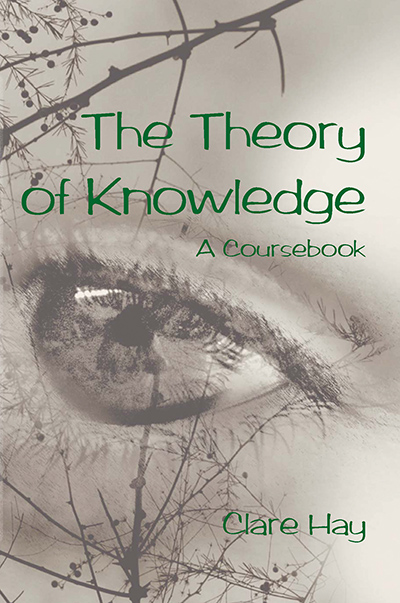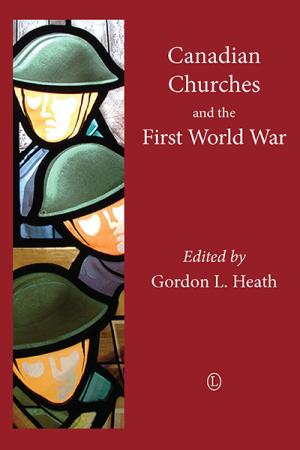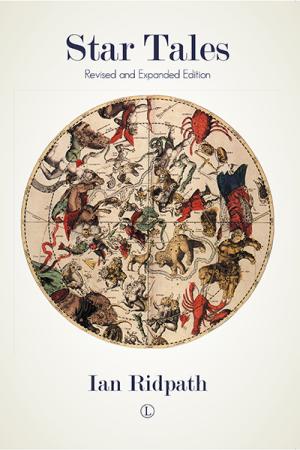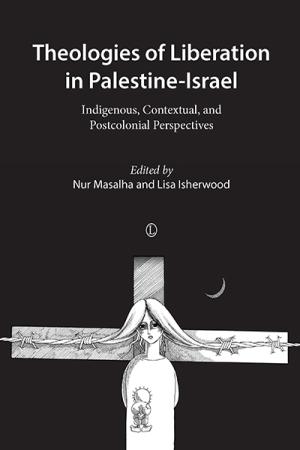Description
A comprehensive introduction to the theory of knowledge; this is a story of what it is to be a rational, sentient human being blessed with a mind, confronted with a complex world.
Dr Clare Hay approaches this first book on the theory of knowledge as an introduction to the subject, building it up around the debate between rationalism and empiricism, between the thinking of knowledge as a product of thinking about the contents of our own minds, and the knowledge as a product of our interactions with the world around us.
Written for the general reader, it is an excellent starting point for undergraduate and A/AS Level study. Structured around a central narrative thread, it also contains further reading and question sections, with worked exam questions, hints and guidance on the AQA exam.
This book will be followed by the publication of The Theory of Knowledge and the Rise of Modern Science, a more sophisticated approach to the subject with an emphasis on the interactions between Science and Philosophy from the 17th century to date.
About the Author
Dr Clare Hay has an interest in the Philosophy of Logic and Language, the History of Modern Philosophy and the History and Philosophy of Science. She is currently writing a series of books on the Theory of Knowledge to be published by The Lutterworth Press.
Contents
Introduction
1. Empiricism and Rationalism
Rationalism
Innateness
Plato’s Meno
Causation and the Laws of Nature
Empiricism
Beginning at the Beginning
Ideas of sensation and reflection, and concepts
Cause and Necessity
Further Reading
Questions
2. Knowledge and Justification
Foundationalism and Coherentism
Foundationalism
Foundationalism and Empiricism
Objections to Foundationalism
Coherentism
Objections to Coherentism
Summary
Induction and Deduction
Truth, Belief, and Justification
The Gettier Puzzle: Problems with the Tripartite Definition
Two Accounts of Truth
Non-Justificatory Approaches to Knowledge
(1) Reliabilism
(2) Internalism and Externalism
The Story So Far
Further Reading
Questions
3. Knowledge and Scepticism
Two Forms of Scepticism
Descartes and the Method of Doubt – the Meditations
Arguments from Illusion, Deception, and Dreaming
“Cogito, ergo sum”; the cogito
Reason as the Source of our Conceptual Apparatus
Empiricism and Scepticism
Is Global Scepticism Possible?
My Knowledge of My Self
Further Reading
Questions
4. Knowledge of the External World
Naive Realism
Experience as a Source of Concepts
Representative Realism
Phenomenalism
Idealism
Further Reading
Questions
Glossary
Bibliography
Index






